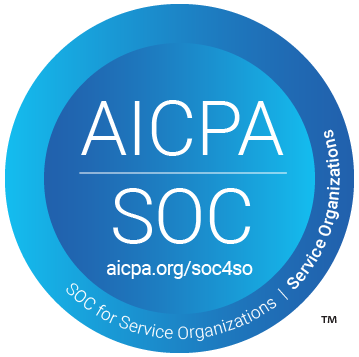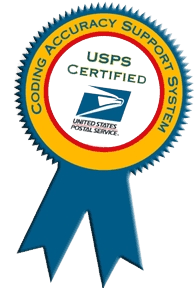What is Identity Verification?
Identity verification is a global challenge that comes in many shapes, sizes and flavors. In many developed countries, a plethora of identity-associated data and sources are available, whereas some countries may only have a few reliable sources and fewer types of data.
Data should be verified according to each country’s standards; a valid identity is qualified differently in some countries. Identity verification is a real-time check against these criteria which is performed prior to onboarding a new client, without storing personally identifiable information (PII).
Types of ID Verification
The types of identity verification vary with the compliance requirements and the type of industries this verification process is used for.
For example, there is Proof of Address (PoA), which requires a name and address to ensure your customer lives where they claim.
Some other identity verification methods are more stringent, requiring a match across at least two different sources (2+2 Match), especially to adhere to Anti Money Laundering (AML) regulations. This proof is critical for banking, government, and other organizations that are handling sensitive data. Matching rules vary based on the objectives and compliance requirements.
The Role of KYC/AML
Primarily, AML is composed of the policies introduced in the Bank Secrecy Act. The objective of AML regulations is to identify and prevent the hiding of ill-gotten money. These regulations are most notably present in the financial sector, but financial institutions are increasingly requiring their clientele to comply with AML practices as well. AML compliance increases trust between you and your customers and protects you from liability that could result in heavy fines.
KYC refers to “Know Your Customer”. With identity verification, you can have confidence in onboarding new clients by verifying individuals against reliable data sources in real time (credit, government, etc.).
Why Melissa?
Identity verification is performed in real time to match contact data, including name, national ID, address, and date of birth to reliable sources.
Identity verification can quickly become complicated on a global scale; different countries have different information available, different types of national ID, and provide their data in entirely different formats. Adhering to KYC and AML regulations is critical to avoid liability.
While these are important considerations, we at Melissa have already handled it for you, including proprietary contact data cleansing/validation services. We continue to solve these problems every day, working with governments and organizations across the world to provide customized and reliable identity verification.
At Melissa, we’re constantly sourcing new data and working with new providers to provide more coverage and reliable information for electronic identity verification (eIDV).






